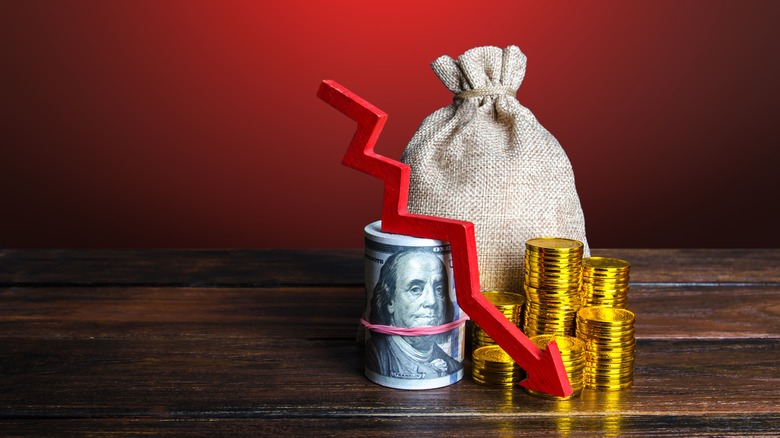Why You Should Think Twice Before Selling A Rental Property
If you bought or inherited a property that you're now renting out to tenants, it's not uncommon to consider selling. Doing so will cut off a source of income, but it will also leave you with fewer responsibilities as a landlord and a lump sum payment that you can then invest into retirement or upgrading your own home. According to an article by Yahoo Finance, however, as with all things in the real estate world, this process is complicated. Going in unprepared could leave you with a surprising shift in your expected profits.
Selling your own home is confusing enough, but when it comes to rental properties, there are additional rules that apply. If you still want this property off your hands, it's best to educate yourself on the basics of what you can expect, and speak to a tax expert beforehand so you can ensure you're getting the most profit possible out of the sale.
You likely won't qualify for the Section 121 exclusion
When it comes to selling a property, there is a specific exclusion you can use to avoid having to report up to $250,000 of the profits from the sale of your home as income called the Section 121 exclusion. This is incredibly helpful for people that are simply transitioning from one home to another — instead of your income for the year seemingly skyrocketing only for you to have to immediately purchase another home, you earn a period of grace considering the circumstances.
To qualify for this exclusion, however, you have to meet two requirements: you have to have owned your home and used it as your primary residence for at least two years in the previous five years. For someone who owns a property but is using it as a rental, you likely will not meet these requirements, meaning your home's sale must be reported as additional income for the year. This can seriously alter the amount of taxes you're expected to pay and impact other areas of your life financially, even if you gift the money or immediately re-invest it.
You'll have to pay depreciation recapture tax
Throughout the years, properties lose value. This process is called depreciation, and each year, you can deduct a bit from the value of a property that you own, meaning you'll pay less in taxes as time goes on. When you make the decision to sell, however, you'll be faced with depreciation recapture. This charge is the government's way of recouping some of their losses after you've reaped the benefits of a lower tax rate for your property.
This rate is usually 25%, so if your property has depreciated by $20,000 over the time you've owned it, you can expect to pay $5,000 of that back at the time of the sale. Because of the additional charges you'll face throughout the sale of your rental property, it's often easier to just hang on to it and keep the steady source of income. Regardless of the situation, it's always best to talk to a qualified tax expert to guarantee you're not missing out on any tax breaks.


